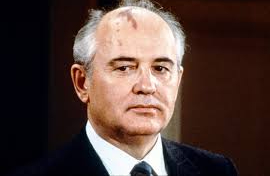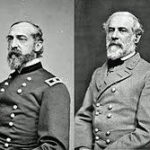Why is Gorbachev disliked by Russians despite his role in ending the Cold War? Mikhail Gorbachev is a complex figure in Russian history, and his mixed legacy stems from several factors related to both the domestic and international consequences of his policies.
Economic Hardship:
Gorbachev’s policies of Perestroika (restructuring) and Glasnost (openness) aimed to modernize the Soviet economy and make the government more transparent. However, these reforms were implemented too quickly and without sufficient planning, leading to economic instability, shortages, and a significant decline in living standards for many Russians.
Political Instability:
Gorbachev’s reforms loosened the strict control of the Communist Party, which unintentionally led to a surge in nationalist movements and ethnic conflicts within the Soviet Union. This political instability further undermined the economy and contributed to a sense of chaos and uncertainty.
Dissolution of the Soviet Union:
Many Russians view the dissolution of the Soviet Union as a national tragedy that resulted in the loss of superpower status, significant territorial losses, and a deep economic depression during the 1990s. Gorbachev is often blamed for failing to manage the transition effectively and for allowing the Soviet Union to collapse.
Perception of Weakness:
Some Russians perceive Gorbachev’s willingness to negotiate with the West and his concessions in arms control agreements as a sign of weakness. They believe that he gave up too much without securing adequate benefits for the Soviet Union, thus contributing to the country’s decline.
Comparison with Successors:
The contrast between Gorbachev’s leadership and that of his successors, particularly Vladimir Putin, who is seen by many as having restored stability and national pride, further tarnishes Gorbachev’s reputation. Putin’s emphasis on strong centralized control and nationalistic policies appeals to many Russians who felt disillusioned by the chaotic 1990s.
In summary, while Gorbachev is often celebrated in the West for his role in ending the Cold War and reducing nuclear tensions, many Russians associate his tenure with economic hardship, political instability, and the loss of their country’s global influence.


